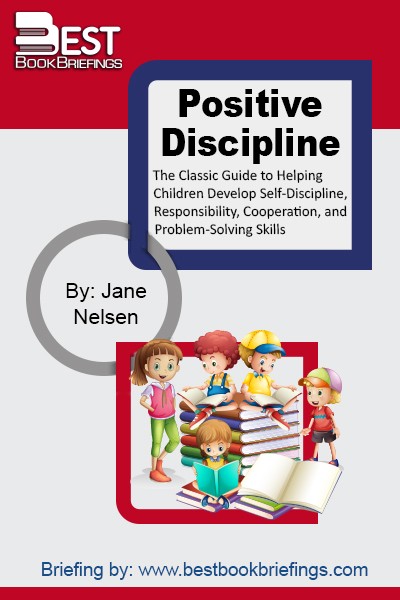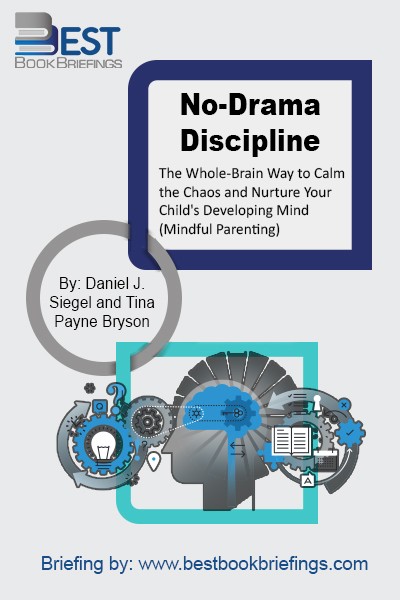No-Drama Discipline
The Whole-Brain Way to Calm the Chaos and Nurture Your Child's Developing Mind (Mindful Parenting)
Editorial Review
Do you ever find yourself asking, after an especially agonizing interaction with your kids, “Can’t I do better than this? Can’t I handle myself better, and be more effective parent? Can’t I discipline in ways that calm the situation rather than create more chaos?” You want the bad behavior to stop, but you want to respond in a way that values and enhances your relationship with your children. You want to build your relationship, not damage it. You want to create less drama, not more. You can! You can discipline in a way that’s high on relationship, high on respect, and low on drama and conflict. The word “discipline” comes directly from the Latin word Disciplina which means to teach and give instructions. These days, most people associate only punishment or consequences with the practice of discipline. Punishment might shut down a behavior in the short term, but teaching offers skills that last a lifetime. Effective discipline allow us to help our children understand what it means to manage their emotions, to control their own impulses, to consider others’ feelings, to think about consequences to make thoughtful decisions, and much more. We’re helping them develop their brains and become people who are better friends, better sons and daughters, and better human beings. Then, one day, better parents themselves.
Book Reviews
Books on Related Topics

In Teaching Kids to Think, Dr. Darlene Sweetland and Dr. Ron Stolberg offer insight into the social, emotional, and neurological challenges unique to this generation. They identify the five parent traps that cause adults to unknowingly increase their children's need for instant gratification, and offer practical tips and easy-to-implement solutions to

How children think is one of the most enduring mysteries—and difficulties—of parenthood. The marketplace is full of gadgets and tools that claim to make your child smarter, happier, or learn languages faster, all built on the premise that manufacturers know something about your child's brain that you don't. These products are

Is your child chronically late turning in papers? Does she show up for soccer practice without her soccer bag? Say things without thinking? Read something and forget what he read? Wait until the last minute and then get caught short of time to complete tasks? Written by two clinical psychologists, Late,

If you are a teacher, have you been teaching long enough to remember when children sat in neat rows and obediently did what they were told? If you are a parent, do you remember when children wouldn't dare talk back to their parents? Maybe you don't, but perhaps your grandparents do.



